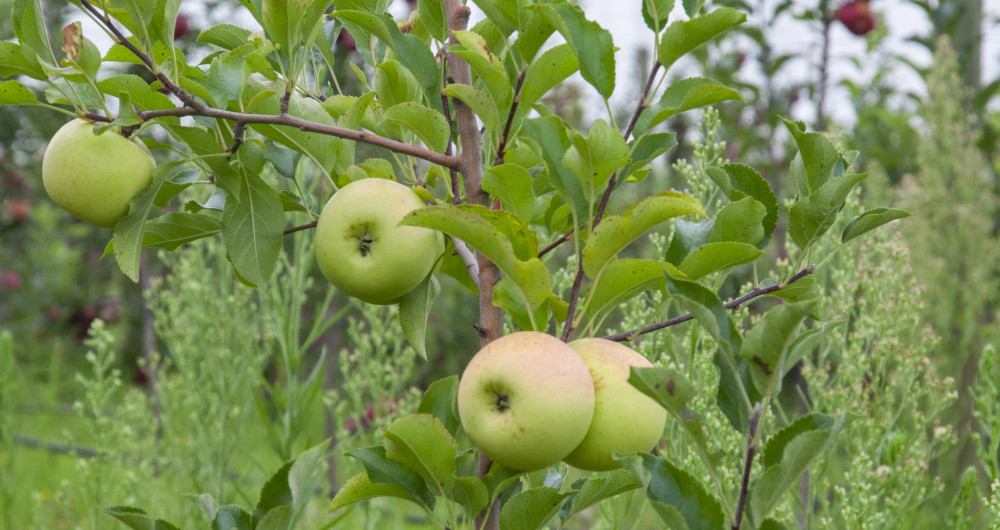The government has imposed a temporary restriction on the importation of apples to help local farmers move their volumes.
The embargo comes as local farmers are struggling to sell their apples because of an influx of imports.
Governments across the world routinely use such trade measures to assist different sectors remain viable. Without such interventions some sectors might find it difficult to grow and withstand pressure from imports.
Lesotho’s commercial agriculture sector, which is still in its infancy, urgently needs such measures to give it a leg-up in a sector already heavily dominated by imports.
Agriculture Minister Tefo Mapesela said the ban is part of the government’s efforts to help local fruit producers sell their harvest and penetrate the market. “It’s meant to help the local farmers penetrate markets that were previously not accessible to them,” Mapesela told a local newspaper this week.
The main beneficiaries of the embargo are likely to be three groups of farmers In Mahobong and Likhetlane whose orchards have a huge harvest of apples this year. Likhothola Fruit Farm, Maoa Mafubelu Fruit Farm and Likhetlane Fruit Farm have been selling their apples to local retail shops and informal traders for weeks but the volumes are not moving fast enough because of imports.
Nthako Supu, the manager of the three farmers, says they have 374 tonnes of different apple varieties this year. Supu said they need local support to clear those volumes before they start rotting. “Our prices are cheaper than those of imports. We deliver fast and our product is up to the international standard.” Likhothola Fruit Farm is owned by ten farmers while Maoa Mafubelu Fruit Farm belongs to 17 farmers.
Together these farmers, next to each other in Mahobong, employ about 50 people from nearby villages. Likhetlane Fruit Farm has ten shareholders and 24 employees.
The farms have the GLOBALGAP Certification, an internationally recognized set of farm standards dedicated to Good Agricultural Practices (GAP). For consumers and retailers, the GLOBALGAP certification is reassurance that their food has the acceptable levels of safety and quality. It also assures them that the food has been produced sustainably, respecting the health, safety and welfare of workers, the environment, and in consideration of animal welfare issues.
The farmers started the orchards with financial assistance and expertise from the Private Sector Competitiveness and Economic Diversification Project (PSCEDP), a Lesotho government project funded by the World Bank. The farms are part of the government’s initiatives to alleviate poverty in rural communities by helping them venture into commercial agriculture.
Call Supu 59643186 for orders.

